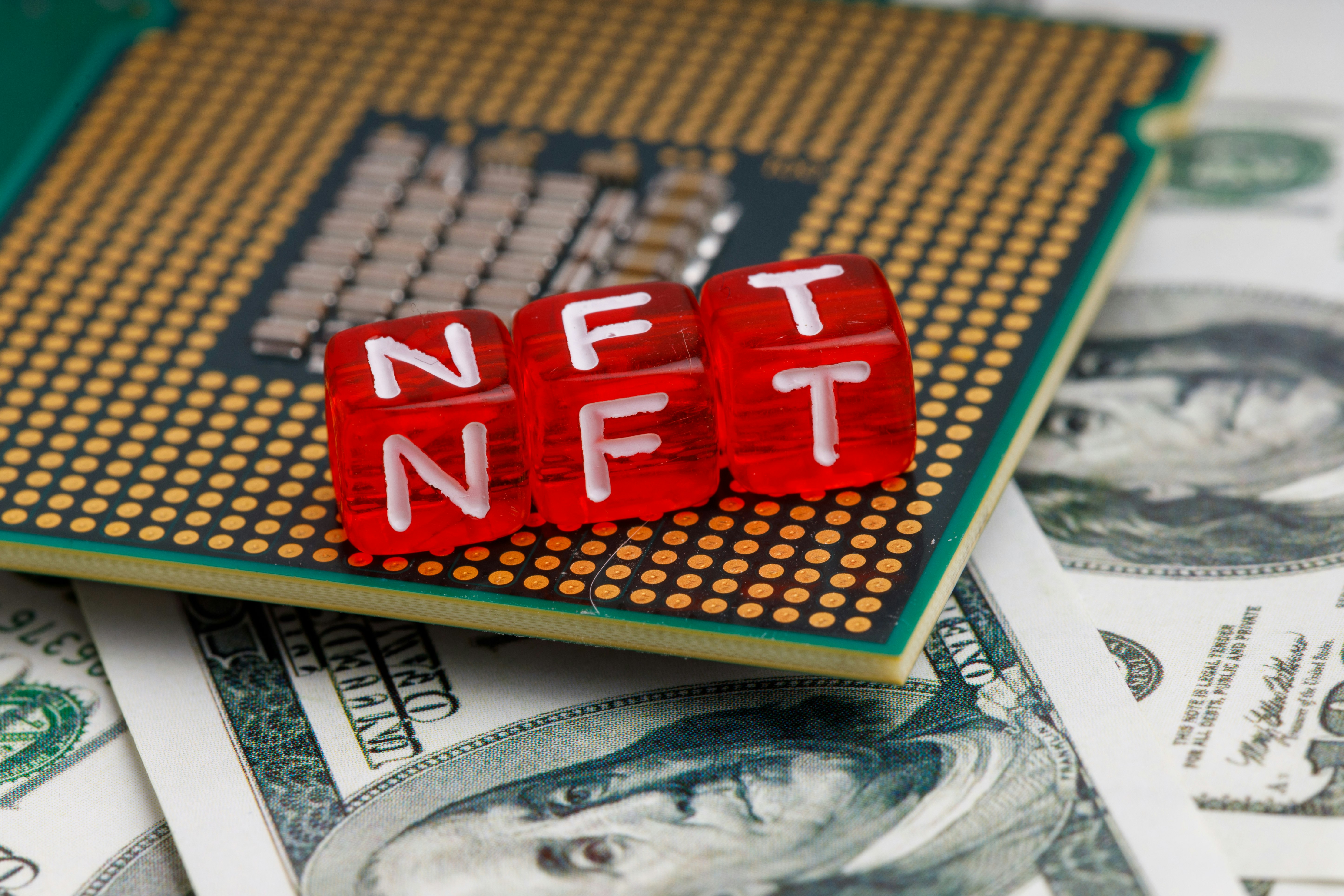What are NFTs
Non-fungible tokens (NFTs) are a digital method of proving ownership of an asset. The asset associated with NFTs is digital assets. However, NFTs can also be physical assets as well. NFTs use blockchain technology to record and track ownership of unique pieces of art to ensure authenticity and track the history of ownership of an asset. Blockchain technology ensures transactions are valid and secure through cryptography.
Use of NFTs by charities
Many nonprofits have already benefited from the NFT frenzy. They have proven to be a great way to make money through auctions. This allows organizations to raise money transparently while engaging donors and new audiences and strengthening the charities’ brand awareness.
Following the lockdowns due to COVID-19, many charities have taken their nonprofits online. This is because in-person charities have been rendered impossible by COVID-19. NFTs is a new fundraising frontier for charities. Unlike cryptocurrencies, they provide something beyond the direct donation of money. NFTs allow nonprofits, celebrities and individuals to auction their digital creations and donate the proceeds to a charity of their choice. An example is Beeple, an artist who sold the most expensive NFT and auctioned another for charity for $6 million.
NFTs as donations for charitable organizations
Since NFTs store value, individuals can donate them to charities as donations. This works in a similar way that people would do when donating valuable items to organizations to help them raise money for a particular cause. This approach has become one of the most popular ways that charities can work. While it is still in its early stages, NFT technology is proving to be crucial for charitable causes. However, this depends on the level of interest of charities in this new technology. Unlike when the work of art is auctioned using traditional methods to donate to a cause, the NFT approach allows records to be stored reliably, and all information regarding ownership and valuation of the asset kept safely.
Nonprofit, Save the Children is the recent adopter of NFT. In partnership with NFDoge, a platform that sells Non-fungible Doge artwork, the charity gets 10% of the sales proceeds, which goes directly to Save the Children. This makes the charity a partner in NFT auctioning instead of just a recipient.
Generally, NFTs are opening up a new door for new areas of fundraising while at the same time solving some common fundraising areas that charities have endured for a long. As such, nonprofits must continue determining new possibilities in this area and take advantage of them accordingly. While some challenges still need to be addressed, there is no reason why nonprofits could not begin leveraging this technology to their benefit. As soon as the players in the nonprofit space learn about the chances they can have using NFTs, we will start seeing the rise in the number of NFT marketplaces meant for charities.











